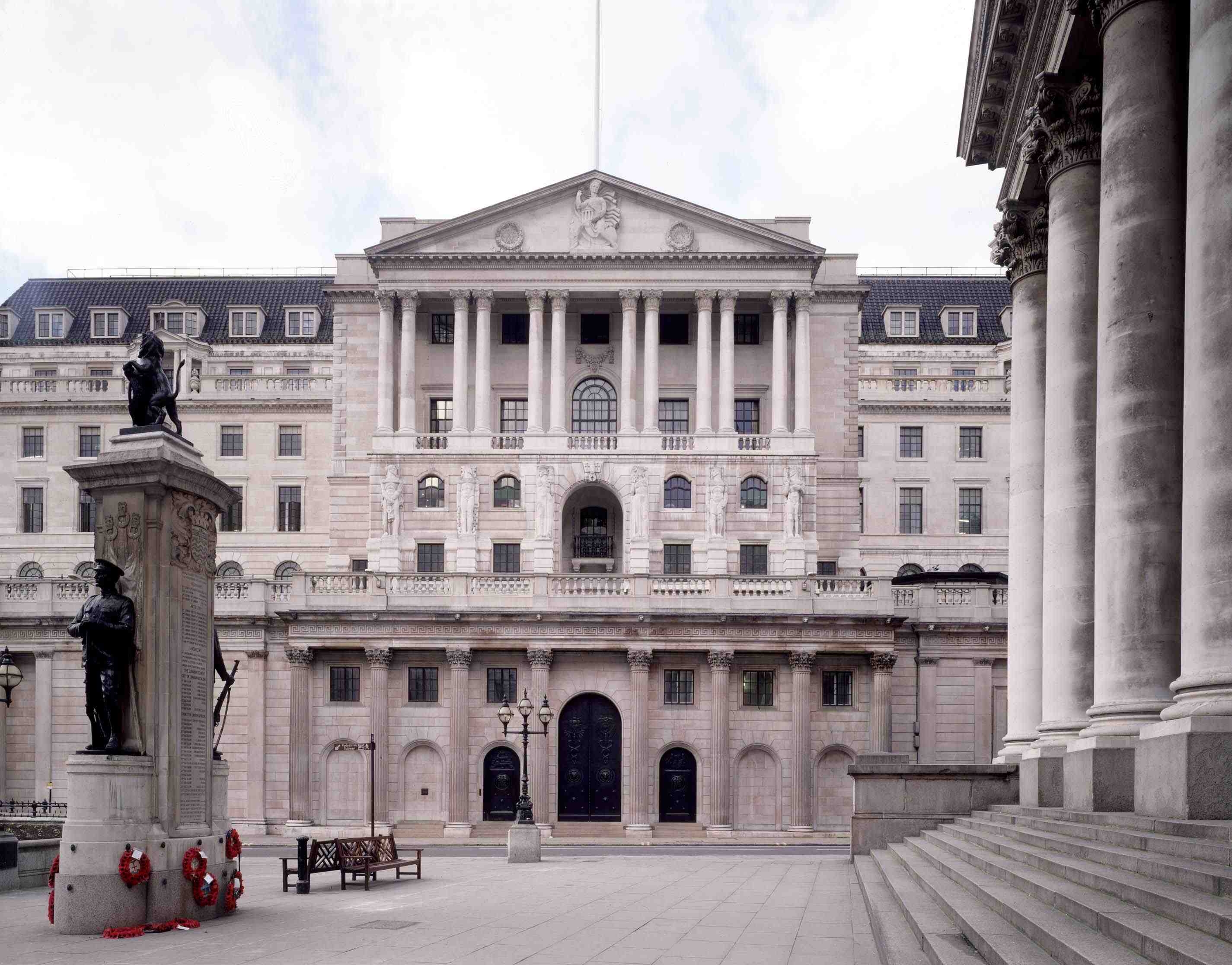
- Home
- News
QE was "economically significant" says Bank of England

Quantitative easing increased inflation by up to 1.5 per cent, according to the Bank of England.
In its quarterly bulletin the Bank said that the purchase of £200bn of assets between March 2009 and January 2010 was “economically significant”.
The Bank said: “The analysis suggests a peak effect on the level of real GDP of between 1.5 and two per cent and a peak effect on annual CPI inflation of between 0.75 and 1.5 percentage points.”
At the time of the quantitative easing it was feared inflation could have fallen below the Bank of England’s two per cent target due to weak nominal spending.
Since then, inflation has steadily risen and currently stands at 4.5 per cent, double the Bank of England’s target.
There is a possibility that quantitative easing may be used again after reports of slow economic growth of 0.2 per cent in the second quarter of this year.
Monetary Policy Committee member Adam Posen has repeatedly called for further quantitative easing.
However the Bank said it could not be sure that further quantitative easing would have the same effect.
It said: “The MPC may decide in the future to increase asset purchases or begin the process of selling assets back.
“The economic and financial circumstances in which further asset purchases or sales are made may be very different from those that prevailed in 2009 so it cannot be assumed the magnitude of the effects will necessarily be the same.”
